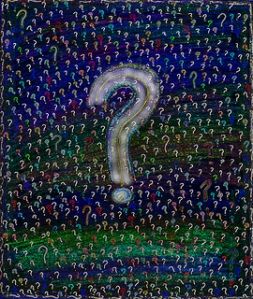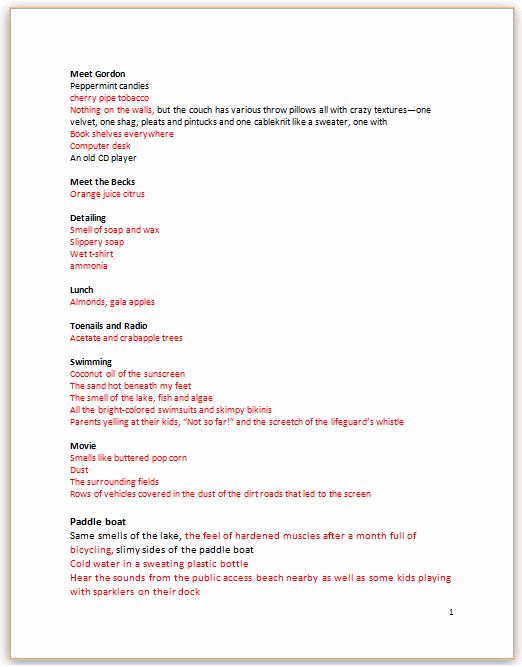 Have you ever doubted your ability as a writer?
Have you ever doubted your ability as a writer?
Yes. Usually daily.
Would you ever consider writing a biography or non-fiction book?
Never say never, but for right now, I’m only interested in writing fiction. I am in love with the power and freedom of it.
How did you begin your journey to writing?
First by telling stories verbally and through pictures as a child– and then eventually using words once that trusty alphabet entered my life. I can’t remember a time when I didn’t love stories. I wrote through childhood and my teen years, then studied creative writing in college. After undergrad, I spent three years reading book after book to cultivate myself for future writing, and then I jumped.
When does your book come out?
September 1, 2015! Add Truest on Goodreads! By the way, I cannot wait to show you guys the cover. Stay tuned: the big reveal will likely be in February.
How do you have such an active writing life without drinking coffee?
Ha! Good question. I just have never been a coffee drinker. I actually don’t drink anything with caffeine in it. Creativity energizes me. (Though, let’s be honest, it can exhaust too!)
Is writing fiction something that should be left to “writers,” or are people from other walks of life wise to try?
All writers were “people from other walks of life” until they started writing.
Have you ever had paranoia or hallucinations in addition to your OCD?
Not hallucinations, but yes, paranoia. And it was ugly, ugly, ugly. I was trapped inside distrust, fears, and hellish lies. The paranoia is what finally prompted me to seek help– shortly thereafter, I was diagnosed with OCD. The paranoia inspired Truest.
Do you think the Bible is literally true, and do you think someone needs to believe that to be a Christian?
I think most of the Bible is literally true, though I think that some parts of the Bible are stories and poems with truth in them. I think that someone needs to believe the gospel (the life, death, and resurrection of Jesus Christ) is literally true in order to be a Christian.
How do I protect people in my life if I’m writing a memoir?
Change names and details. Wait till people die. Or take Anne Lamott’s advice: “You own everything that happend to you. Tell your stories. If people wanted you to write warmly about them, they should have behaved better.”
What makes you an Evangelical?
Well, Evangelicalism is “a world-wide Protestant movement maintaining that the essence of the gospel consists in the doctrine of salvation by faith in Jesus Christ‘s atonement.” I fall decidedly into that category. Evangelicals generally believe in the concept of being “born again,” the authority of the Bible, the critical importance of Christ’s death and resurrection, and about sharing this good news with others. That’s me all over, though I will stipulate that my “sharing the good news” might look different than others’ evangelism. Some people go door to door or give our tracts on street corners. I chose to write a book that expresses my worldview.
What else would you like to know?













